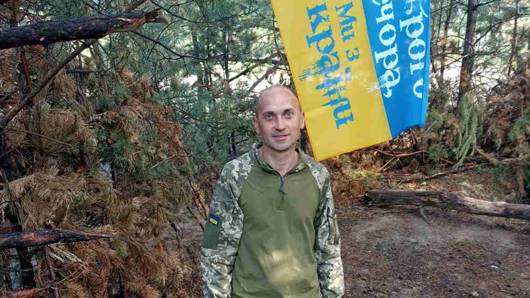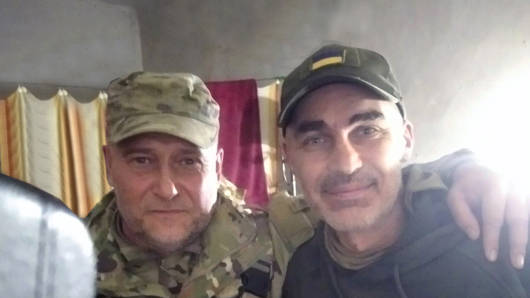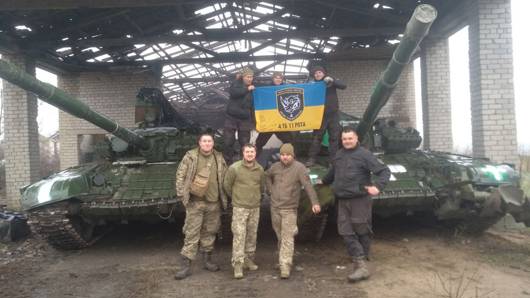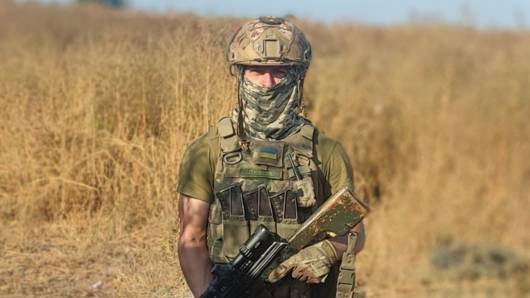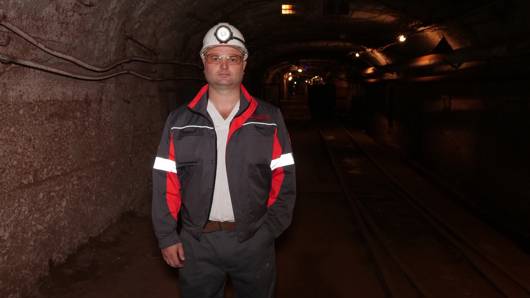Metinvest Group's enterprises continue to train employees under the Heroes Among Us programme.

The Heroes Among Us training course covers the most important issues of communication and interaction with war veterans, despelling fears and myths, helping to find common ground and develop empathy. In this way, the company's employees will provide the heroes with reliable support on their way back to peaceful work. The first wave of the programme will cover 1,200 managers.
Olena PAVLIUK, Head of Tax Accounting Centre, Metinvest Business Service:
– We are looking forward to seeing our guys and girls return from the frontline. Currently, nineteen of our employees are defending the country in various branches of the armed forces. Most of them joined the Armed Forces of Ukraine in the first year of the full-scale invasion. For almost two years, they have been performing extremely difficult tasks, undergoing severe stress, seeing death and destruction every day, and experiencing the loss of their brothers in arm. They will need time and our support to return to peaceful life and work.
The Heroes Among Us course very openly reflects the experience of both our Ukrainian veterans and foreign soldiers who have undergone rehabilitation after participating in combat operations at their time. Psychologists give simple and also profound advice on how to communicate with veterans, what words and actions can hurt them, and the best way to support them so that they feel part of our team again. I really liked the experts' advice that we should keep in touch with our colleagues whenever possible, because the integration of soldiers into civilian life begins when they are at the front line. Intuitively, we did this, and our team has a common chat in the messenger, which includes our defence colleague, and we are interested in his life, ask about his needs, and talk about our daily routine. I believe that this thread unites us and will help him quickly return to our team after demobilisation.
FIGURE
Almost 400 employees have already returned to work at Metinvest after demobilisation, and the number of war veterans at our enterprises will grow over time
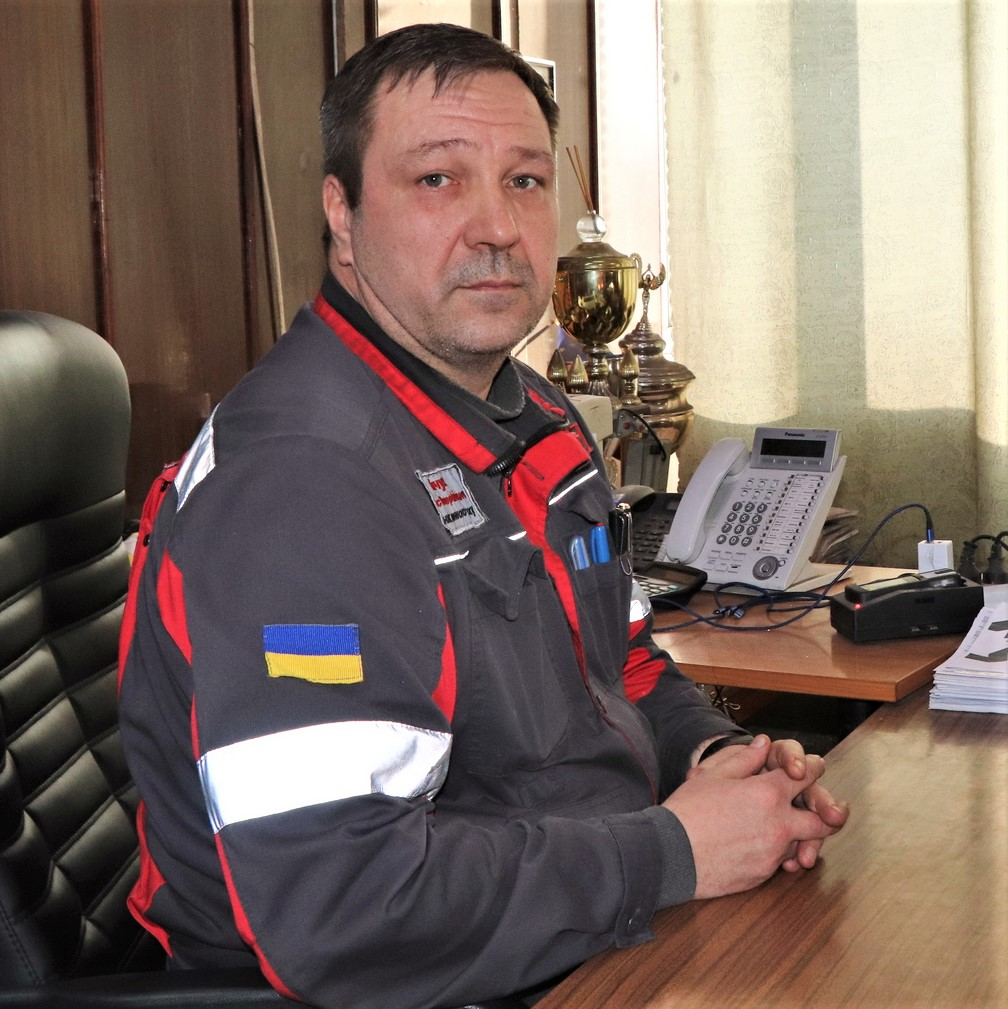
Denis PINCHUK, Head of Blast Furnace Shop at Kamet-Steel:
– The Heroes Among Us training course is a unique opportunity to learn about the needs and difficulties faced by our defenders, how to provide feedback to a veteran, help them overcome a trigger situation, and set goals and objectives within the framework of one programme. Currently, eight of our demobilised colleagues have returned to work in the blast furnace shop, most of them wishing to work in their pre-war jobs - these are blast furnace operators, repairmen and pump operators. The most important task for our team is to help them to return to work as comfortably as possible.
First of all, they need sincere communication, sometimes a simple man-to-man conversation, and balanced attention to their needs and health. I would like to note that the desire of most of them to return to their jobs was significantly influenced by the friendly relations they had with their colleagues before the war and maintained during their service in the Armed Forces of Ukraine. Blast-furnace workers are always in touch with the defenders and support their families, and this helps to maintain emotional chains and more effectively adapt demobilised employees to teamwork.
That is why I believe this online course is extremely necessary - it reflects the aspects faced by managers in business units to which employees with war experience return. The training programme is effective because the military were directly involved in its creation, and their practical advice and certain psychological aspects from their own experience have become an invaluable help for us on the way to interacting with our heroes and returning them to civilian life and work.
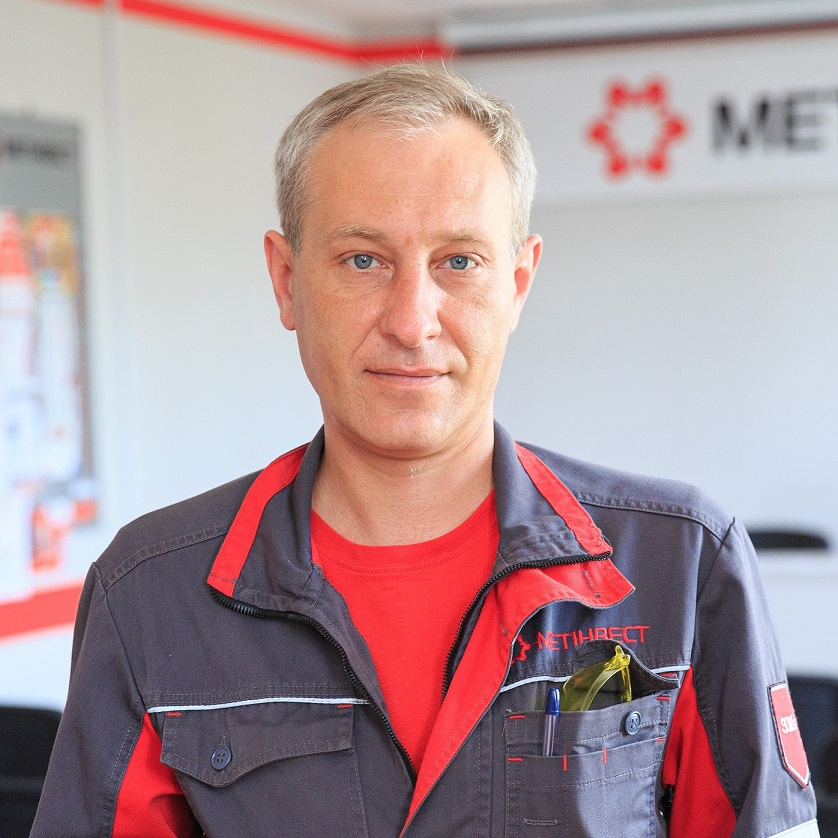
Yevgen KUCHER, Head of Slurry Management Facilities at Central GOK:
– It is important that the company actively involves us in the process of adaptation of combat veterans that are returning to their work teams. The Heroes Among Us seven-week course helps to develop not only the skills of effective cooperation with them, but also an in-depth understanding of their needs and contribution to teamwork. It is also an effective way to build a culture of mutual understanding and solidarity. Veterans are an integral part of our family, so we are always ready to support them in their further professional development.
Today, eight employees of the slurry management facility of Central GOK are defending the country at the frontline, so our goal is to create an environment where every veteran who returns from the war will feel like a valuable member of the team. I hope that one of our demobilised colleagues will rejoin our team soon after full recovery. We are ready to welcome every veteran to our team with respect and recognition of their contribution to the overall success of the enterprise. We are ready to create comfortable working conditions for them and welcome each veteran with an open heart and friendly hugs.
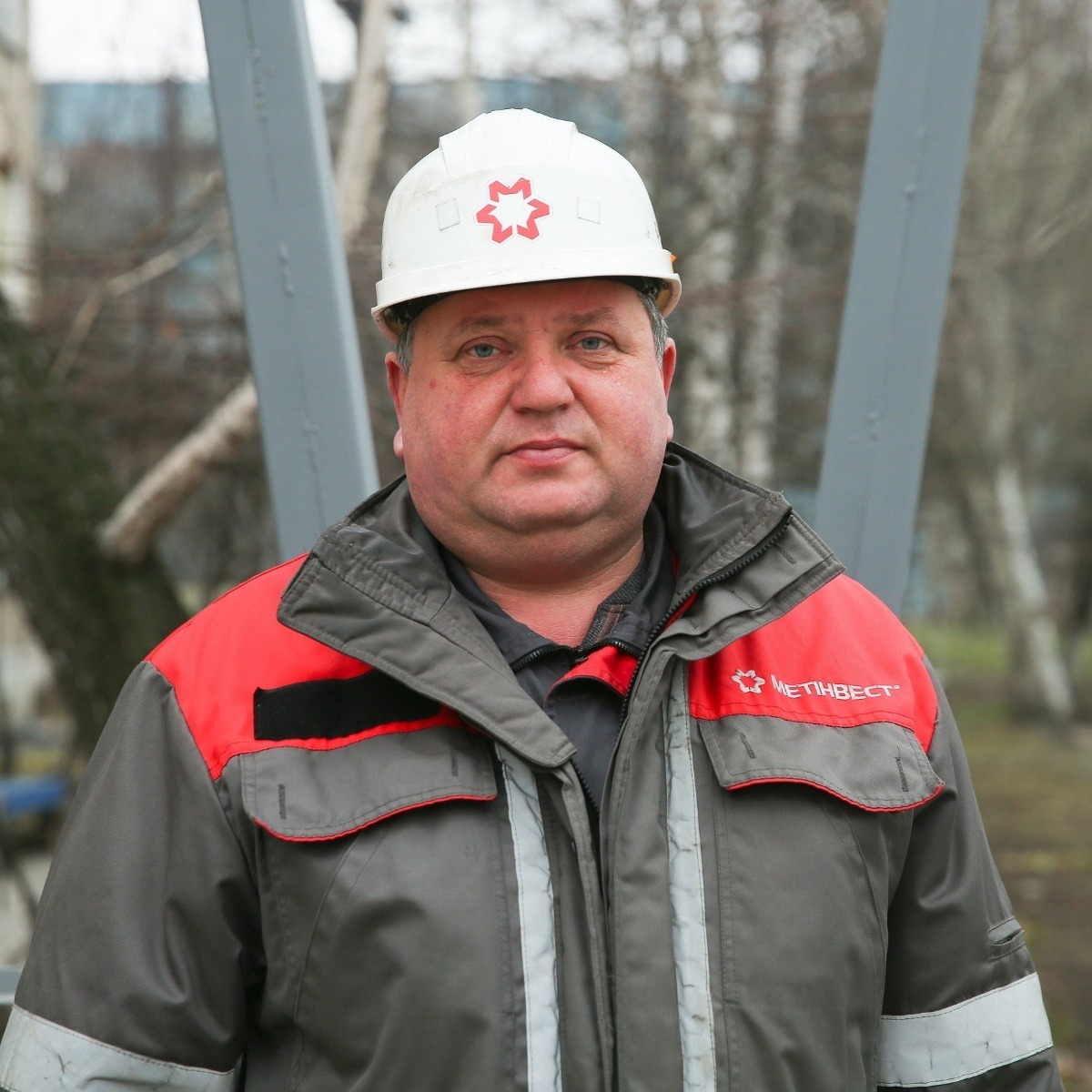
Oleksandr MUKHA, Head of Railway Shop at Ingulets GOK:
– I consider the Heroes Among Us course to be informative and extremely useful at a time when employees are returning from the ranks of the Armed Forces of Ukraine. During the training programme, I received a lot of information that I need in my work: about the difficult path of a veteran, his needs and the difficulties he may face in civilian life. As a manager, I found particularly informative the information on how to interact effectively with demobilised employees and how to provide them with feedback Three demobilised employees work in the Railway Shop. Veterans returned to their jobs where they worked before mobilisation. Currently, 97 employees of our workshop have been mobilised to the Armed Forces of Ukraine. We are waiting for their return to the enterprise, and it is important for our workshop team to create such conditions so that a demobilised worker can easily return to work.
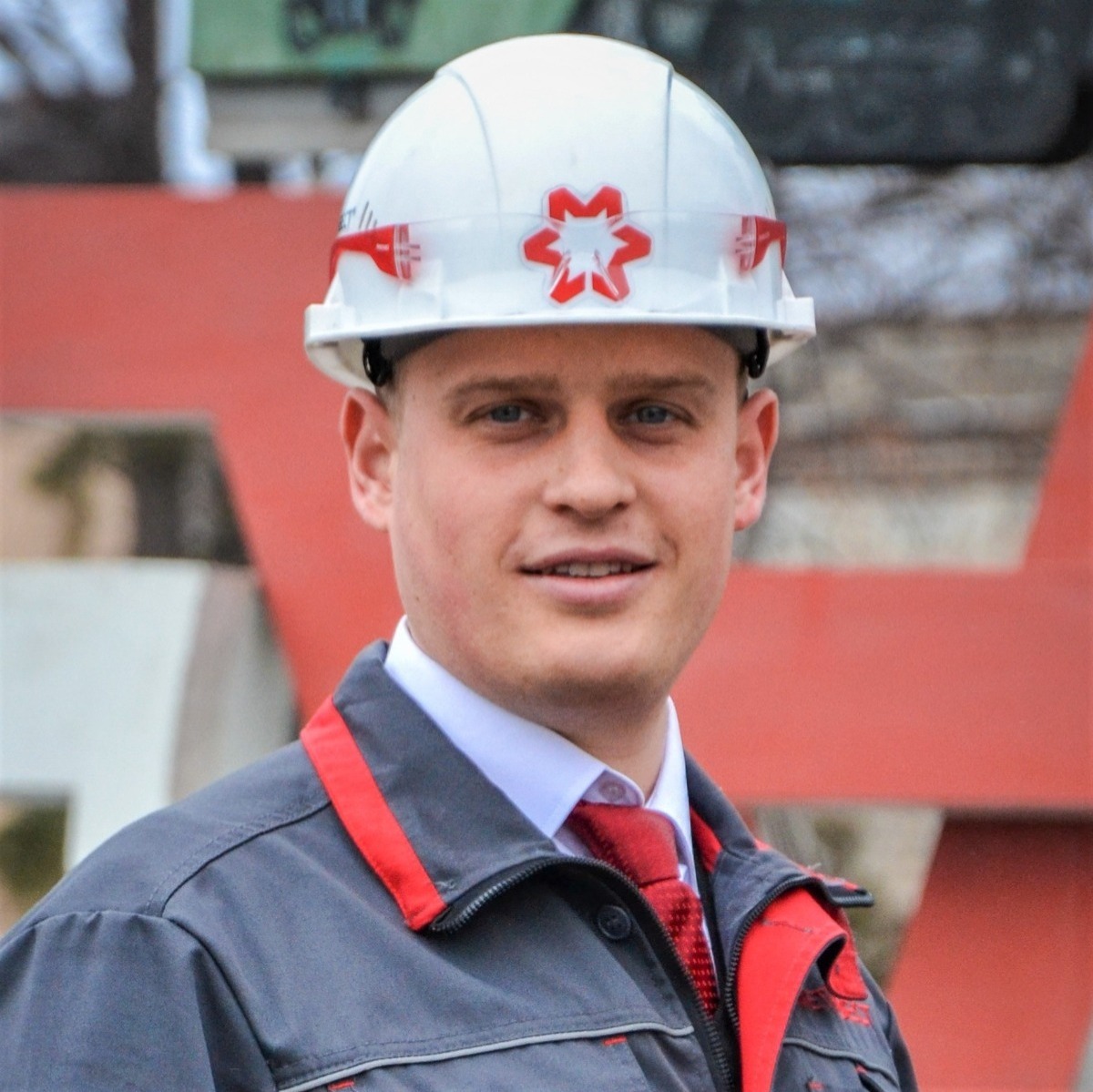
Volodymyr NAZARENKO, head of the railway transport department at Northern GOK:
– In fact, despite our seeming awareness, it is often very difficult to understand the internal state of those returning from the war. People were in conditions of danger to their lives for a long time. People saw hell. Many of them have become different, although they often convince me that they are the same as before. the war leaves its traces – both visible and invisible. To help our heroes return to civilian life, they need increased attention from their loved ones and colleagues. The Heroes Among Us training course that I am taking is about all the pitfalls and difficulties that soldiers face after demobilisation. I have already adopted several practical tips and shared them with my colleagues – line managers. I am sure that they will help us interact with demobilised workers more effectively. And five of them returned to us at different times. Most of them go to their jobs, to locomotive crews. All of us, me and their immediate supervisors, held meetings and discussed how to quickly and comfortably return the guys to their duties. We treat everyone very carefully and try to approach each one taking into account their personal needs. Mykhailo Chornyi, who worked as an assistant of a diesel locomotive driver before the war, has recently returned to us. He returned from the war with a third disability group, so he could no longer occupy his previous position. But the young guy (born in 1994), active, is ready to develop, as I understood from the conversation with him and from his expectations. Therefore, we offered him a position of an engineer, which he is mastering with pleasure.
When the work is familiar, when the team is familiar, then all this helps to quickly return to normal life. And the guys who returned from the war see that they have not dropped out of the process, that they are needed, and this is also important for them: restorative therapy. Railway workers in general are distinguished by strong traditions of cohesion and mutual support. The nature of our work is this: in pairs, in a chain. Therefore, our heroes should only be treated with great attention and, of course, respect.
As a programme for the adaptation of war veterans, Heroes Among Us, is being implemented at Zaporizhstal, read in a separate article.






